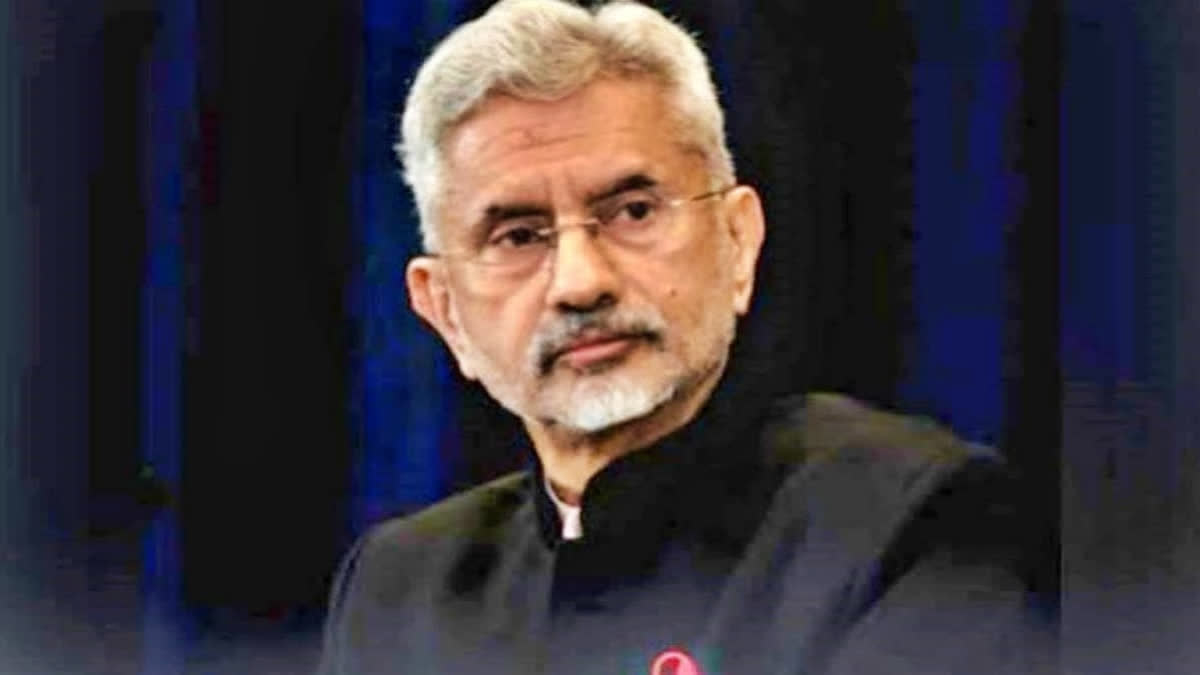New Delhi:With China spreading its military and economic muscles in the Indian Ocean and Asia Pacific regions for more than decades now to achieve economic and strategic dominance over India as well as to secure uninterrupted sea lines of communication and trade activities in the region, India has been steadfast in strategising plans to strengthen security, surveillance in the Indian Ocean region to keep Beijing at bay.
The 6th Indian Ocean Conference (IOC), which is underway in Dhaka, is one such initiative that endeavours to bring the region’s critical states and principal maritime partners together on a common platform to deliberate upon the prospects of regional cooperation for security and growth for all in the region.
Commenting on the significance of IOC, former ambassador Anil Trigunayat said, “Indian Ocean is an important Maritime geography and with an enhanced focus on the geopolitics and hegemonistic competition between the US and China, the IOC must pursue the theme of the 6th Indian Ocean Conference entailing peace, prosperity and partnerships for a resilient future in the Indian Ocean region especially as the common challenges and existential threats continue to confront the IORA community. Synergies among members and freedom of navigation must be capitalised for mutual benefit”.
On Friday, Minister for External Affairs Dr Jaishankar during the inaugural session of the 6th Indian Ocean Conference said that the Nations of the Indian Ocean today have the responsibility of shaping the narrative about values, practices and correctness. Their culture, history and traditions must be presented to the world.
Also read:Jaishankar jibes at China, says opaque lending practices will bite us back
“We must also be conscious of the threats to social fabric posed by extremism and fundamentalism taking advantage of democratic openness. Costs of not doing so are also starkly apparent to all of us today”, he added. He said that within the Indian Ocean, there is a need to recognise that there are distinct regions and ecosystems. The Bay of Bengal is a very good example. The countries in this geography have their particular aspirations and agenda, as well as their respective pathways towards progress.
“We are members of the BIMSTEC, an organisation that is increasingly coming into its own. Amongst ourselves, we are very cognizant of the challenges, we face in governance, modernisation and security. And we are confident of dealing with them through deeper cooperation and shared efforts. It is by nurturing such building blocks that we will make the Indian Ocean, indeed the Indo-Pacific, stronger and more resilient”, Jaishankar noted.
“The requirement of simultaneously addressing the needs of the Indo-Pacific, the Indian Ocean and its constituent regions is today the task before us. These are not alternatives, but self-supporting activities. Naturally, there are aspects of specificity, but equally, there are broad principles that apply to all. For example, the importance of adhering to the law, observing norms, and respecting rules is a natural convergence point. It is not possible to build a stable international order without these pre-requisites”, he added.
“This is especially so in a continent that has seen so much growth and so much change. When nations disregard their legal obligations or violate long-standing agreements, as we have seen, the damage to trust and confidence is immense. It is therefore essential that all of us take the long view of our cooperation, rather than a tactical one of our interests”, he pointed out.
Bangladesh’s Foreign Minister said that by organising this conference, it is expected that the partnership with the countries, along the Indian Ocean, will be strengthened in the regional political sphere with Bangladesh. He also said that from the discussion of this conference, the participating countries would get an idea of what kind of steps they will take in the future given the ongoing global events.
